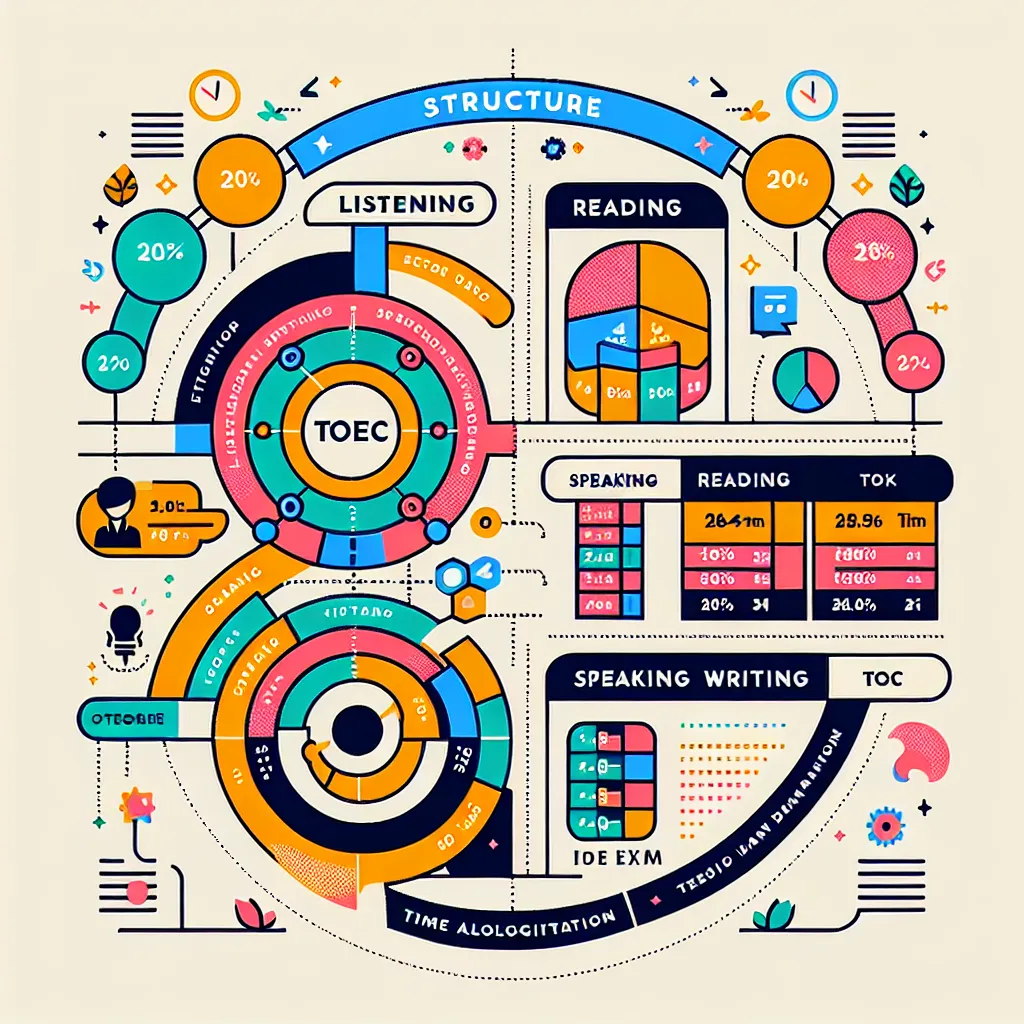Are you preparing for the TOEIC Listening test? Whether you’re a beginner or looking to improve your existing skills, this comprehensive guide will provide you with valuable tips and strategies to excel in the listening section of the TOEIC exam. As an experienced TOEIC instructor and content creator at LearnEnglish.NET, I’m here to share expert advice that will help you maximize your performance and achieve your desired score.
 TOEIC Listening Test Preparation
TOEIC Listening Test Preparation
Understanding the TOEIC Listening Test Format
Before diving into specific strategies, it’s crucial to familiarize yourself with the structure of the TOEIC Listening test. The listening section consists of four parts:
- Part 1: Photographs (6 questions)
- Part 2: Question-Response (25 questions)
- Part 3: Conversations (39 questions)
- Part 4: Short Talks (30 questions)
Each part presents unique challenges, and understanding the format will help you prepare more effectively.
Essential Tips for TOEIC Listening Success
1. Develop Active Listening Skills
Active listening is key to succeeding in the TOEIC Listening test. Here are some ways to improve your active listening:
- Practice focusing on the main idea and important details
- Try to anticipate what the speaker might say next
- Pay attention to tone of voice and intonation
- Listen for keywords and phrases that indicate important information
2. Expand Your Vocabulary
A broad vocabulary is essential for understanding a wide range of topics in the TOEIC Listening test. To enhance your vocabulary:
- Read extensively in English, focusing on business and professional topics
- Learn new words in context rather than in isolation
- Use vocabulary apps or flashcards to review words regularly
- Pay attention to synonyms and antonyms
3. Familiarize Yourself with Different Accents
The TOEIC Listening test features speakers with various English accents. To prepare:
- Listen to podcasts, news broadcasts, and interviews from different English-speaking countries
- Watch movies and TV shows with diverse casts
- Practice with TOEIC-specific materials that include a range of accents
4. Improve Your Note-Taking Skills
Effective note-taking can help you remember key information, especially in Parts 3 and 4. Try these techniques:
- Use abbreviations and symbols to write quickly
- Focus on recording main ideas and important details
- Practice summarizing information in your own words
5. Manage Your Time Effectively
Time management is crucial in the TOEIC Listening test. Here’s how to make the most of your time:
- Familiarize yourself with the time allocated for each part
- Don’t spend too much time on any single question
- If you’re unsure about an answer, make an educated guess and move on
6. Practice with Authentic Materials
Using authentic TOEIC practice materials is essential for success. Consider these resources:
- Official TOEIC practice tests
- TOEIC preparation books from reputable publishers
- Online TOEIC preparation courses and platforms
7. Develop Prediction Skills
Predicting what you’re about to hear can significantly improve your comprehension. To develop this skill:
- Read the questions before listening to the audio
- Try to anticipate the type of information you’ll need to listen for
- Use context clues from images (in Part 1) or question stems to make educated guesses
 TOEIC Listening Strategies
TOEIC Listening Strategies
Part-Specific Strategies for TOEIC Listening
Tips for Part 1: Photographs
- Quickly scan the image and identify key elements
- Listen for descriptive words that match what you see in the picture
- Be prepared for distractors – statements that are true but don’t describe the image
Tips for Part 2: Question-Response
- Focus on the question word (who, what, where, when, why, how)
- Listen for the most logical response to the question
- Be aware of common trap answers that may sound similar but are incorrect
Tips for Part 3: Conversations
- Read the questions before listening to identify key information to listen for
- Pay attention to the relationship between the speakers and the context of the conversation
- Listen for signal words that indicate agreement, disagreement, or suggestions
Tips for Part 4: Short Talks
- Read the questions beforehand to know what information to focus on
- Listen for numbers, dates, and proper nouns, as these are often key details
- Pay attention to the introduction, which often provides context for the talk
Common Mistakes to Avoid in TOEIC Listening
- Not reading instructions carefully
- Focusing too much on unfamiliar words instead of overall meaning
- Getting distracted by background noise in the audio
- Not moving on from difficult questions
- Forgetting to transfer answers to the answer sheet
Next Steps: Putting Your Skills into Practice
Now that you’re armed with these expert tips, it’s time to put them into practice:
- Set a regular study schedule for TOEIC Listening practice
- Take full-length practice tests under timed conditions
- Analyze your mistakes and focus on improving weak areas
- Join online TOEIC study groups or forums to share experiences and tips
- Consider working with a TOEIC tutor for personalized guidance
Remember, consistent practice and application of these strategies are key to improving your TOEIC Listening score. Stay motivated, track your progress, and don’t hesitate to adjust your study plan as needed.
By following these tips and dedicating yourself to regular practice, you’ll be well-prepared to tackle the TOEIC Listening test with confidence. Good luck with your TOEIC preparation!




